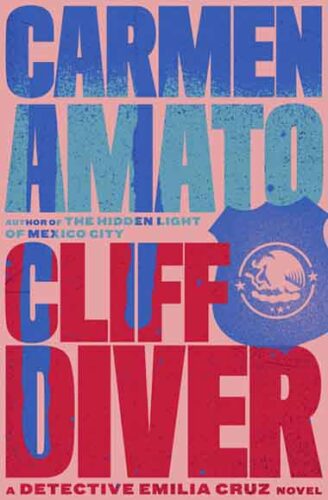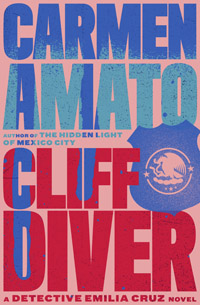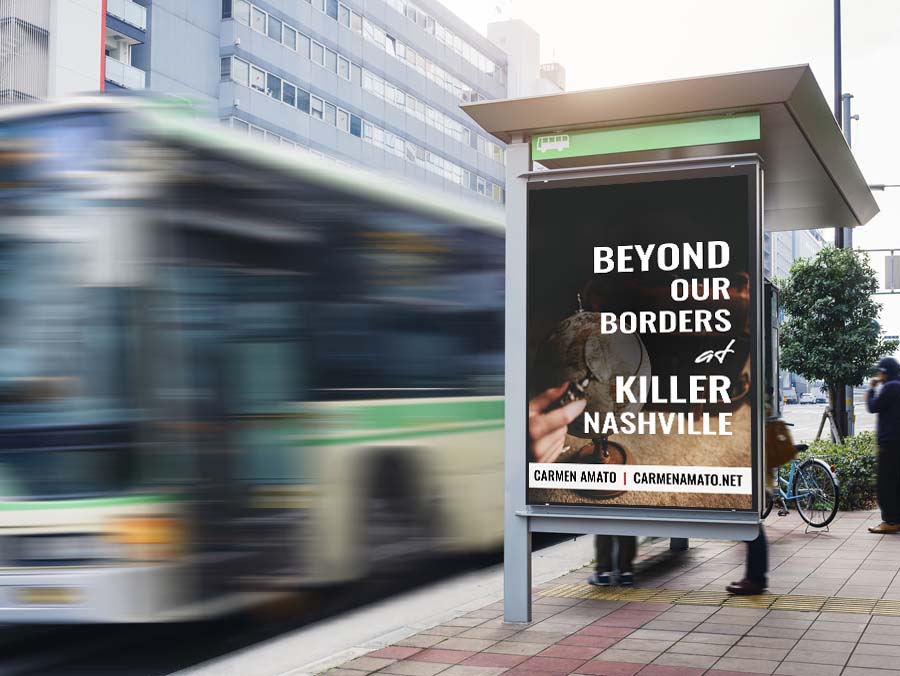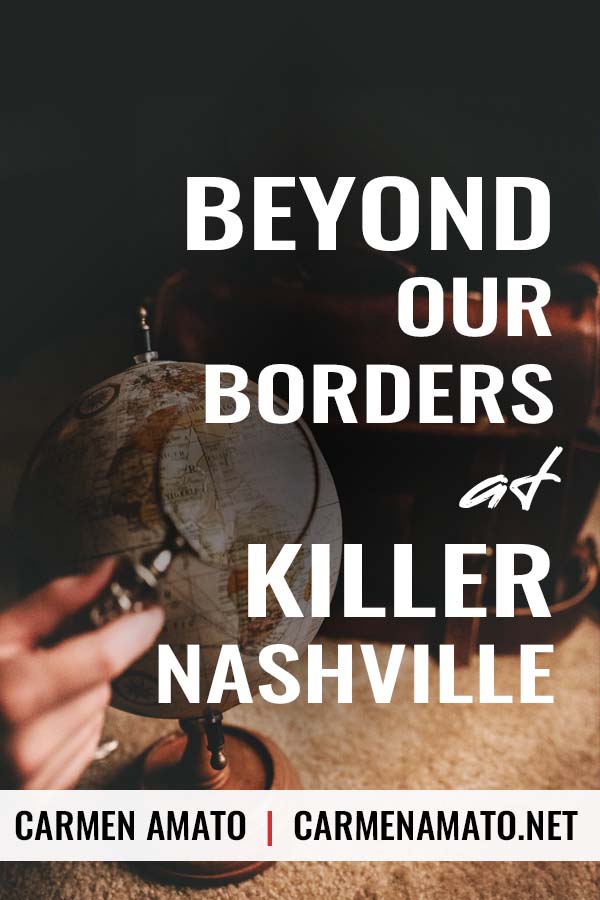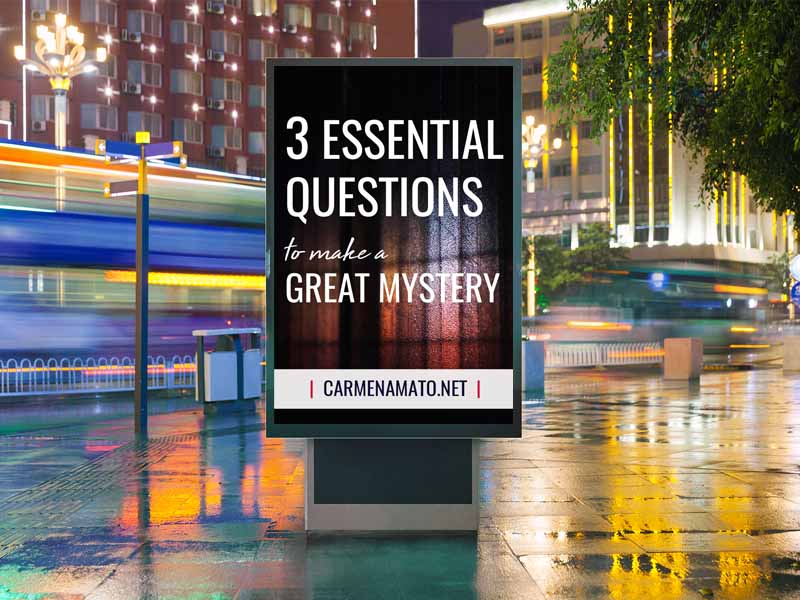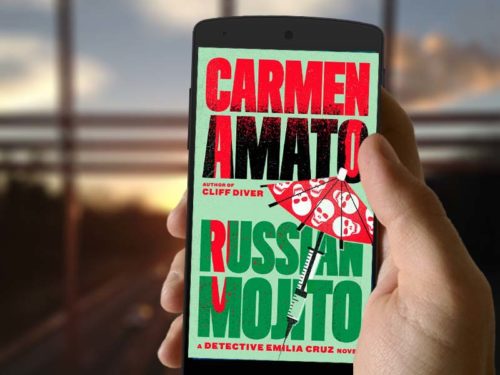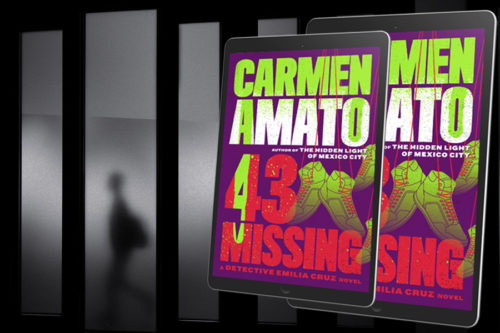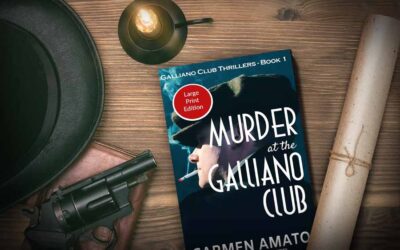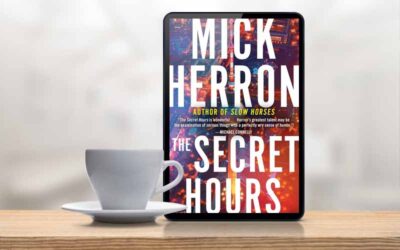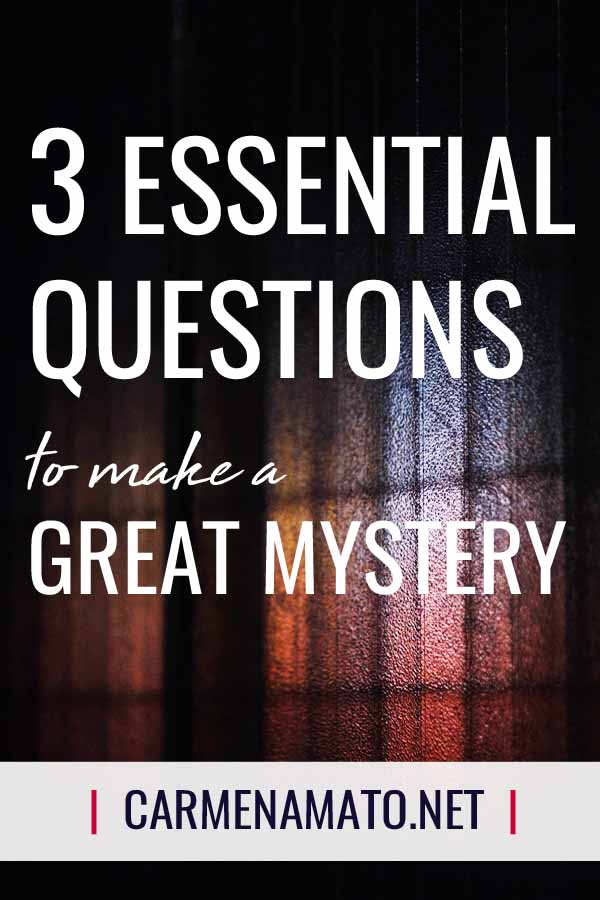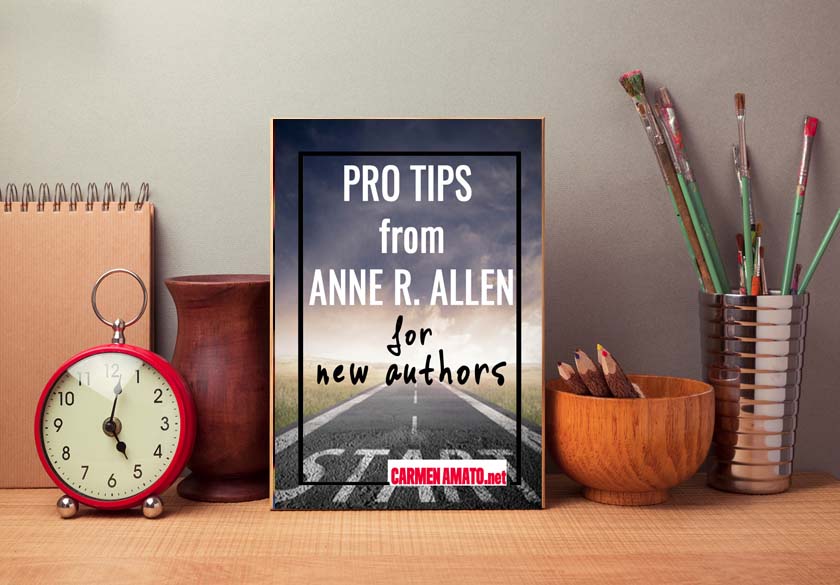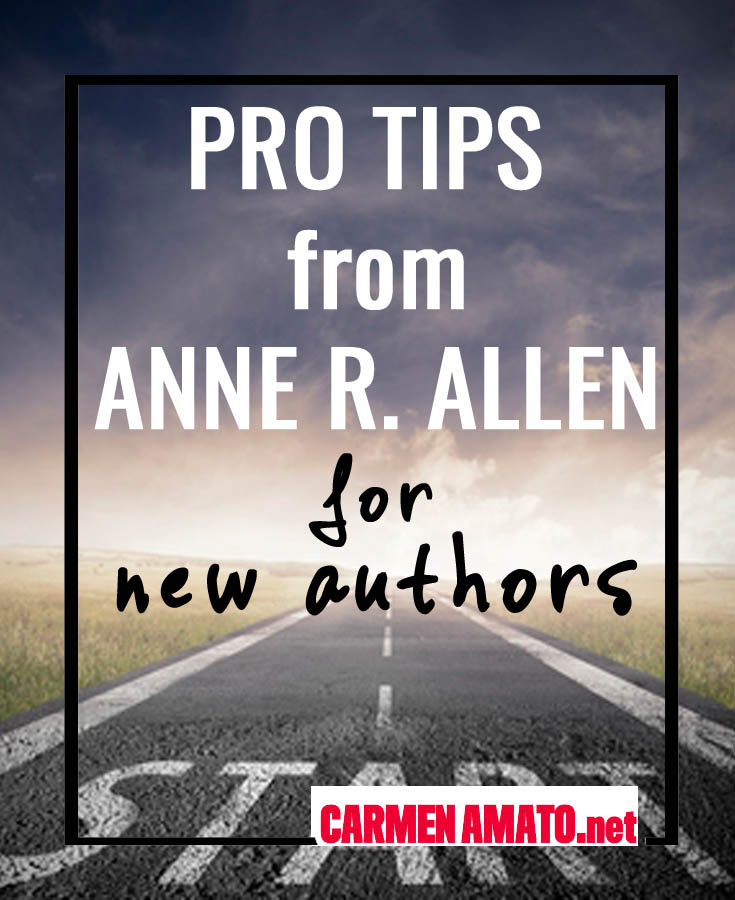THE BONE RECORDS by Rich Zahradnik is a wonderfully edgy “everyman” thriller but don’t expect a...

Writing advice from a balky mule and a train derailment
Readers often connect with me over the deep point of view style of the Detective Emilia Cruz series.
Writer and podcaster Patrick Greenwood specifically asked about this while taping an episode of his Writers on Espresso podcast, which you can find here:
The full answer to Patrick’s question has two parts.
Lessons from a balky mule
Remember that scene in Gone with the Wind when Rhett Butler abandons Scarlett O’Hara on the road to Tara? Sherman’s troops are burning Atlanta and he’s leaving her on a deserted road in the middle of the night with her frenemy Melanie about to give birth in a cart and the fires of Altanta licking at her skirts.
Scarlett’s mind jumps about, trying to remember what her father called balky mules so she can deliver the ultimate insult.
Reading that scene as a 5th grader, I was INSIDE Scarlett’s head, groping for the worst thing she can say that will sting Rhett Butler to the core. But all she can think of is to slap him and call him a cad.
I wanted to be able to write from inside the character’s head like that.
Channeling a train derailment
Like most writers, I use my own experiences, too.
This includes being in a train derailment in France during college.
One weekend my best friend and I took the overnight train from Paris to Italy. (Thank you, Eurorail pass.)
In the middle of the night, the train began to judder up and down. The sound was a terrifying boom boom boom boom. Luggage rained down from the overhead racks. We were tossed around the cramped compartment. People screamed and panicked.
The boom boom boom was deafening.
Screeching iron and sparks, the train car tilted over. We were flung helplessly against the side. Finally, canted at about a 40 degree angle, the car came to a screeching stop. We scrambled out of the windows into the utter darkness of the French countryside.
Later, we found out that a vehicle had fallen from an overpass onto the tracks right in front of the speeding train. As the engine chewed up metal and rubber, the first half of the train jumped the tracks. The boom boom boom was train wheels bouncing on the wooden ties. The first few cars fell over completely. Several people were killed.
In the inky darkness, we followed the tracks about two miles to the next station, a tiny country stop. A different train eventually came and collected us and we made it to Italy after all.
Years later, I can channel the adrenaline rush and heightened sense of awareness of that event. Those memories help me create the emotional perspective of Detective Emilia Cruz, from a fistfight in CLIFF DIVER, Book 1, to a panicked turn as a stand-in for a famous movie star in NARCO NOIR, Book 8.
And I do it to give each and every reader a deeper experience of what it’s like to be in Emilia’s shoes.
Cliff Diver book birthday
CLIFF Diver, the first book in the series, just turned 11. Although not my first published book, it’s the one that launched my career, paving the way for audiobook and film deals and a guest spot on NPR.
More importantly, CLIFF DIVER introduced me to an amazing community of readers who embrace Emilia in all she stands for: strength when times are tough, hope of better things, holding on when the tide wants to sweep you away, and finding love when you least expect it. They have been truly amazing, sticking with her (and me) through thick and thin over the past 11 years.
Thank you to each and every one of you!

